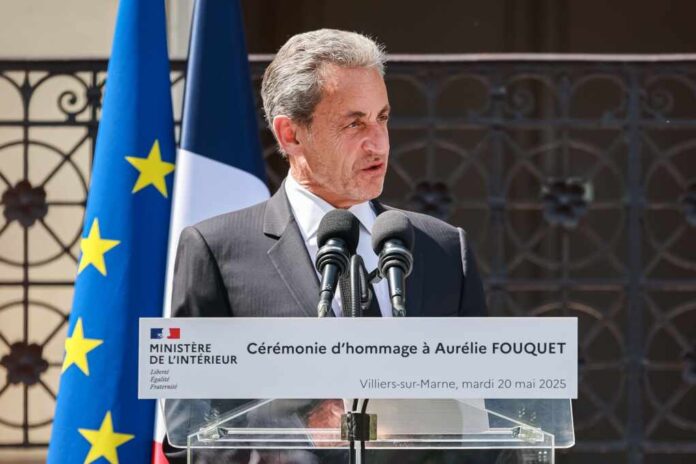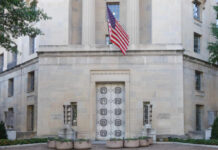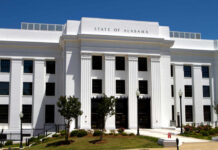
A former French president’s conviction for foreign campaign financing conspiracy shakes the political landscape, raising questions about judicial independence and accountability.
Story Snapshot
- Nicolas Sarkozy found guilty of conspiracy to seek Libyan funds.
- Sarkozy sentenced to five years in prison, plans to appeal.
- First French president convicted for foreign campaign financing.
- Verdict highlights judicial independence in France.
Sarkozy’s Controversial Conviction
On September 25, 2025, Nicolas Sarkozy, the former French president, was sentenced to five years in prison by a Paris criminal court. The conviction was for criminal conspiracy related to seeking illicit funds from Libya’s former leader, Muammar Gaddafi, during Sarkozy’s 2007 presidential campaign. This landmark ruling marks the first time a former French president has been sentenced for conspiracy tied to foreign campaign financing. Sarkozy, however, was acquitted of other charges such as passive corruption and illegal campaign financing.
The case began with allegations that Sarkozy and his associates traveled to Libya to secure campaign funds in exchange for political favors. The alleged quid pro quo included easing sanctions on Libyan officials involved in terrorism cases. The court’s use of the criminal association charge, typically reserved for organized crime, has raised eyebrows among legal analysts. Sarkozy’s defense team argues that the verdict is a result of judicial overreach, and they plan to appeal the decision.
Watch: Former French President Sarkozy guilty of criminal conspiracy in Libyan corruption case
Implications for French Politics
The conviction sends a strong message about judicial independence and accountability for political leaders in France. Short-term effects include a potential prison term for Sarkozy, pending his appeal. In the long-term, this case may set a precedent for future investigations into political financing and foreign influence across Europe. The verdict has sparked a public debate on the balance between judicial authority and political power in France, with Sarkozy’s supporters claiming a judicial vendetta.
The broader implications include increased scrutiny of political elites and campaign financing, potentially leading to stricter regulations. This case underscores the complexities of prosecuting alleged foreign campaign financing, especially when direct evidence of money transfer is lacking. Sarkozy’s acquittal on direct corruption and financing charges highlights the difficulties in proving such cases, relying heavily on intent and association instead of concrete evidence.
The Road Ahead
As Sarkozy remains free pending appeal, his announcement of plans to contest the verdict signifies a prolonged legal battle. The outcome of this appeal could have far-reaching consequences for French democracy and the perceived impartiality of its judiciary. Legal experts caution against overinterpreting the initial ruling, noting that the acquittal on more direct charges suggests a nuanced legal strategy by the prosecution.
The Sarkozy case serves as a reminder of the evolving landscape of political accountability in Europe, where former leaders are increasingly held to account for their actions. The international community watches closely, recognizing the implications for global standards of political conduct and the ongoing struggle to curb foreign interference in democratic processes.
Sources:
https://www.aljazeera.com/news/2025/9/25/french-ex-president-sarkozy-guilty-of-conspiracy-in-libya-campaign-case
https://www.bbc.com/news/articles/cp98kepmj9lo

























